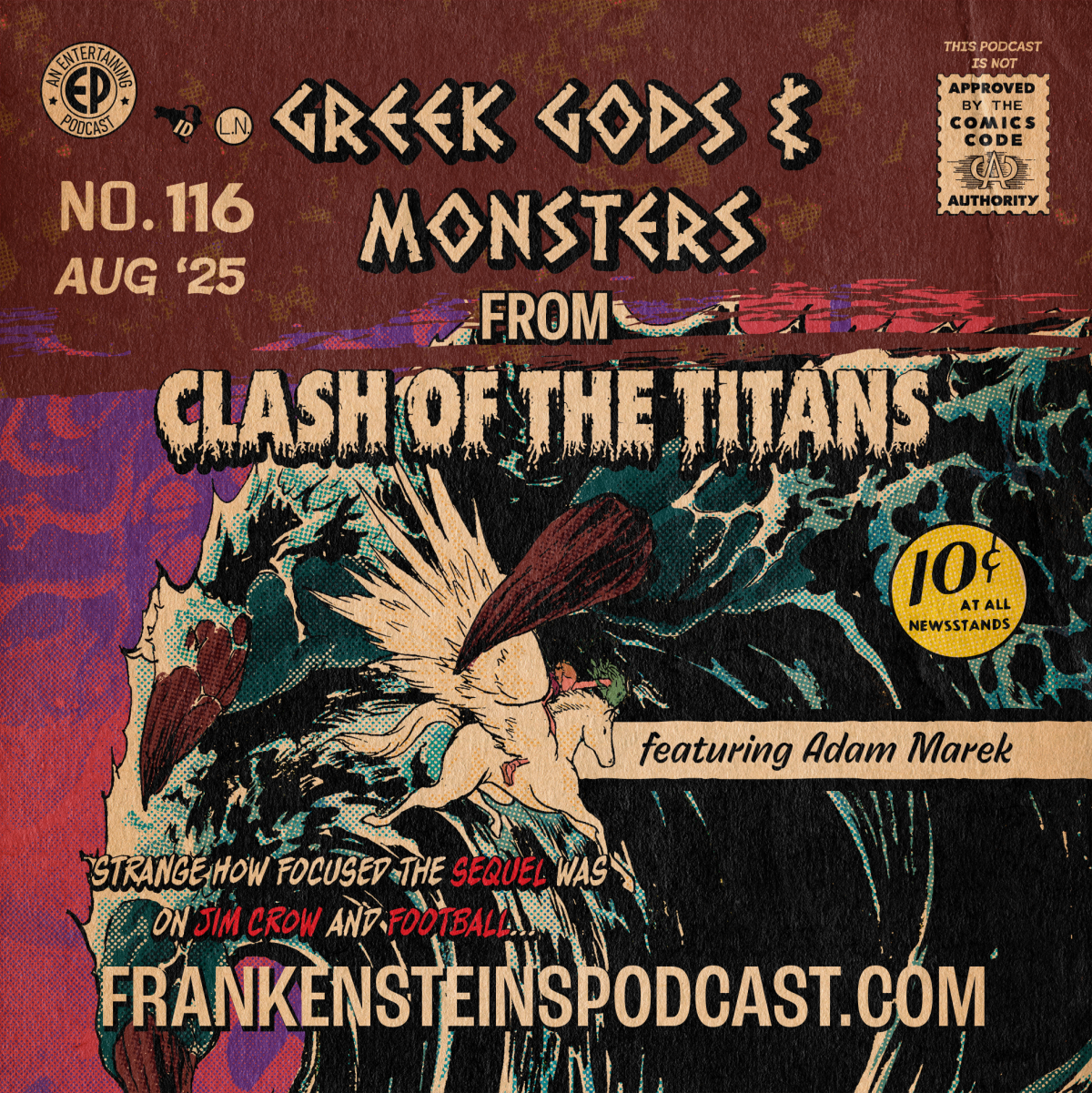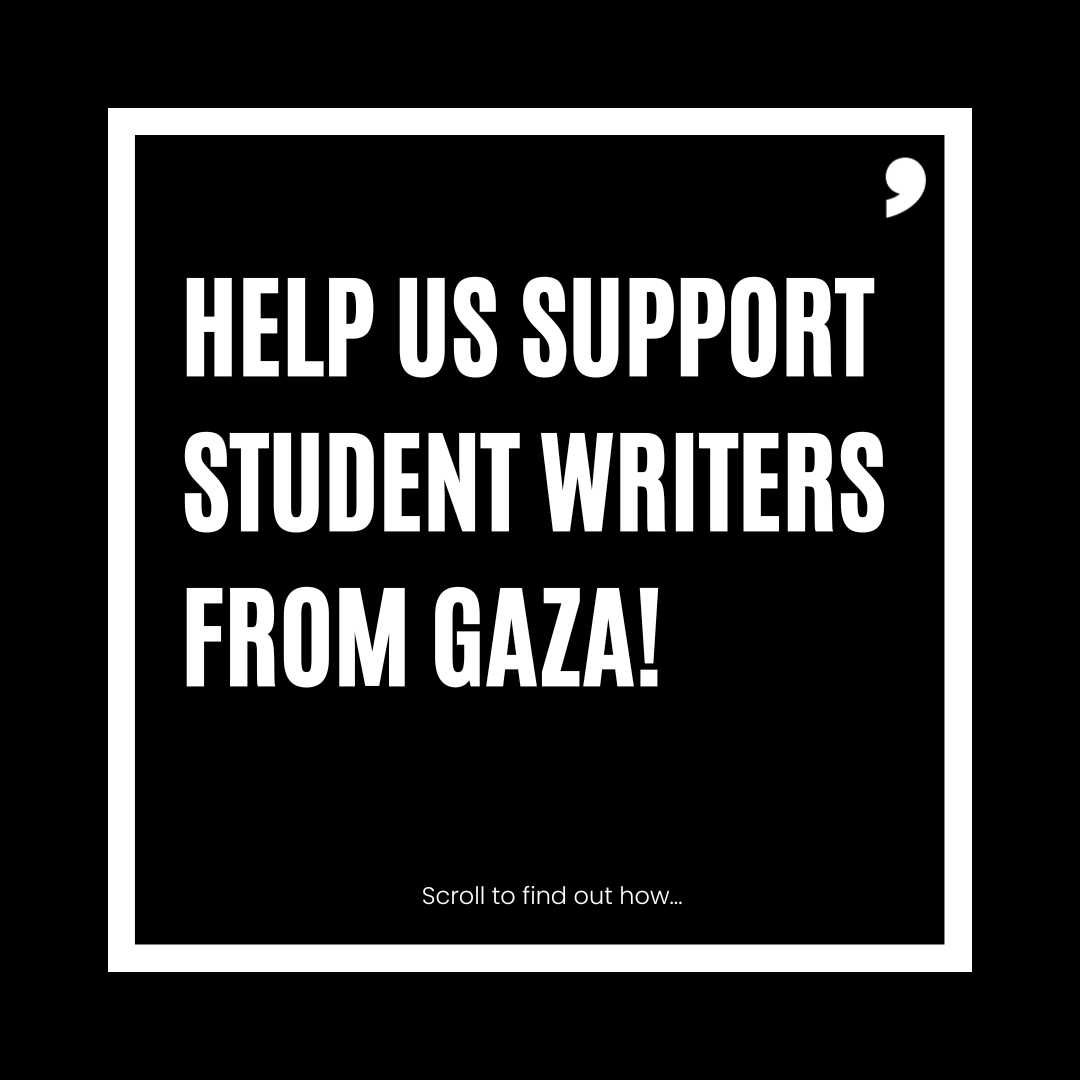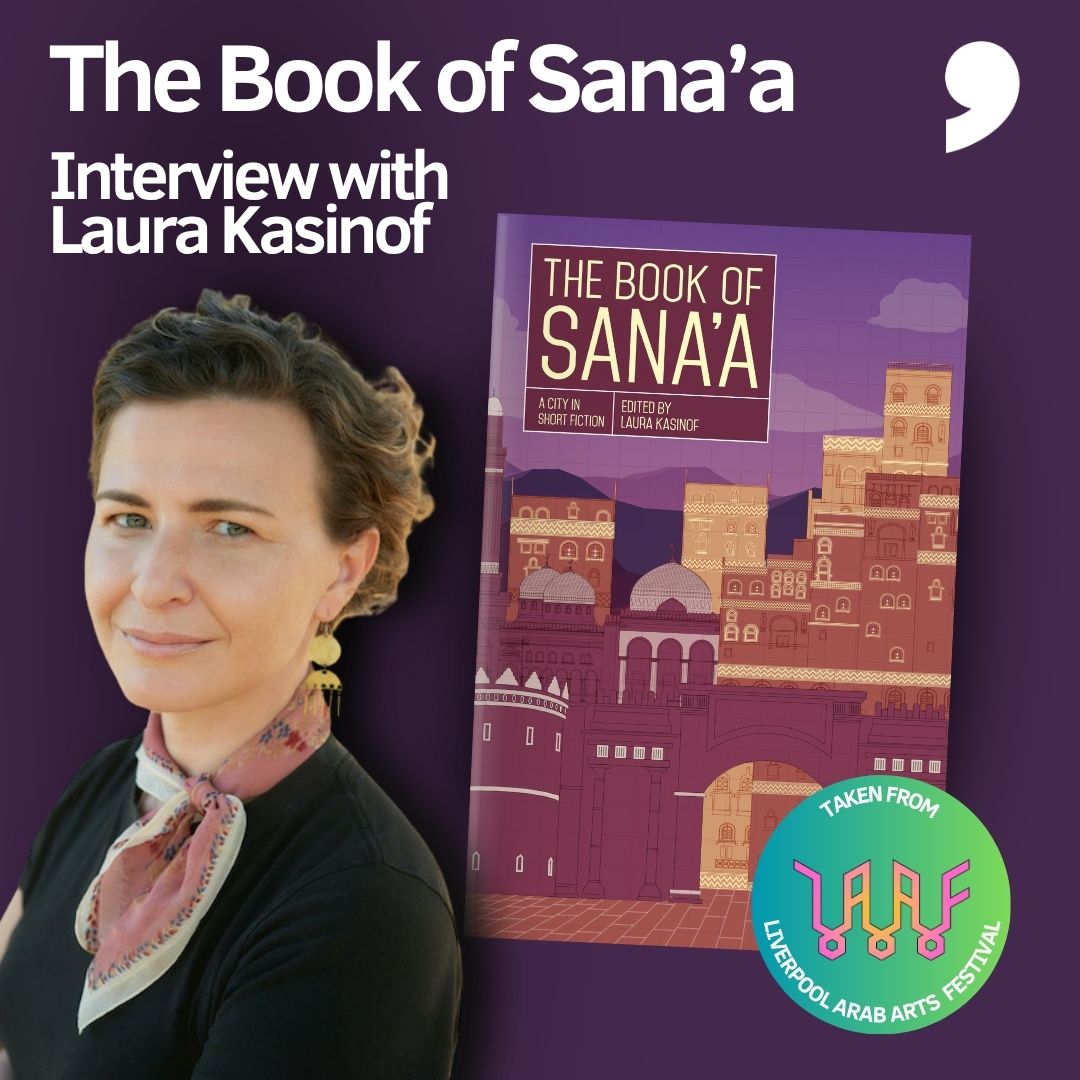Cara Piraino Emerging Translator Prize Winner Interview
From the outside looking in, translation can feel like a tough industry to crack. By definition, linguistic barriers of entry exist that keep out the monolingual majority. In reality, however, new talent breaks into the field every year, including Cara Piraino - winner of the 2023 Emerging Translator Prize. Cara joined us to talk about her path into translation, her projects and the impact the prize has had on her work.
How did your journey as a translator begin?
After finishing my fellowship with the Center for Arabic Study Abroad at the American University in Cairo in 2019, I wasn’t sure what I wanted to do next. I basically started searching for any jobs that could use my language skills. At first, I was hesitant to apply to translation jobs, because I was under the impression that professional translators weren’t allowed to use dictionaries while working. Looking back, I always laugh at myself for that bizarre misconception! Luckily, I did send off an application for an in-house position at an Egyptian translation company, where I ended up working for a year. I quickly realized this was something I could see myself doing long-term.
You have a background in legal translation. Do you approach legal and literary translation differently, and do they influence each other?
The main difference between legal and literary translation is the purpose of the text. When a document will be used by the courts or in business transactions, it’s the legally substantive details that matter, and the aesthetic effect is an afterthought. Major international disputes have rested on whether an Arabic term is legally equivalent to an English one (mutlaq and “exclusive” in Saudi Arabia v. Aramco 1958, for example) so you have to think about the real-world impact of what you’re writing.
Literary translations, on the other hand, are meant to be enjoyed, not enforced. Conveying the cultural, emotional, and rhetorical elements of the author’s work is paramount. Nevertheless, my legal work has given me a tendency to prioritize clarity in my translations, even literary ones, to a greater extent than other translators might deem necessary. The possibility of the reader misunderstanding the text haunts you a bit more after you’ve been in the legal field.
What lead you to Arabic translation?
My experience with Arabic goes all the way back to high school, when I received a scholarship from the US State Department to participate in a summer study abroad program in Muscat, Oman. That was my first experience meeting a lot of people who didn’t speak any English, and I felt really useless with all these questions I wanted to ask and no way to communicate. I was determined to return to the region with the skills to connect with people in their own language, and somehow that turned into studying the language full-time for the better part of a decade. (Arabic is a difficult language for English speakers!) The translation part came much later.
Can you tell us about any current or upcoming projects you’re excited about?
I’m most excited about my translation of an Assyrian family history leading up to the Assyrian Genocide. Since a lot of Assyrian oral history and culture was lost during World War I, the book is going to be used as a novel primary source by academics. It took me over two years to translate, and I had the help of countless other translators and experts. I learned so much from this text, and I’m excited for it to be published (hopefully) in 2024.
What does your day-to-day look like as a translator?
Great question! I wish I knew. It really depends on what I have going on—one day I might spend ten hours scrambling to get Jordanian chocolate regulations translated, and the next I could spend most of the time working out terms with new clients. And later in the week I might spend a couple days working on my pet project, a massive legal glossary sourced from all the books and academic articles I can get my hands on. My favourite days are the ones I spend translating, of course!
How has winning the Emerging Translator Award impacted you?
I was blown away by all the messages of congratulations and recognition I received when the prize was announced. It’s given me a lot more hope in the promise of expanding into the literary sphere. It took me a long time to be taken seriously as a legal translator since I don’t have a law degree; I think this prize will make it much easier to gain that legitimacy with literature. But beyond that, I’m just honoured to be given the chance to bring a talented author’s work to new readers.
Are you an emerging translator. or are you considering a career in the field? If so, why not book your tickets to Manchester in Translation 2024? Fully online and free to attend, this year's conference aims to help emerging translators develop their craft with panel discussions and practical workshops lead by industry pros, including a foreword by translation powerhouse Anton Hur! Click the link to find out more.


